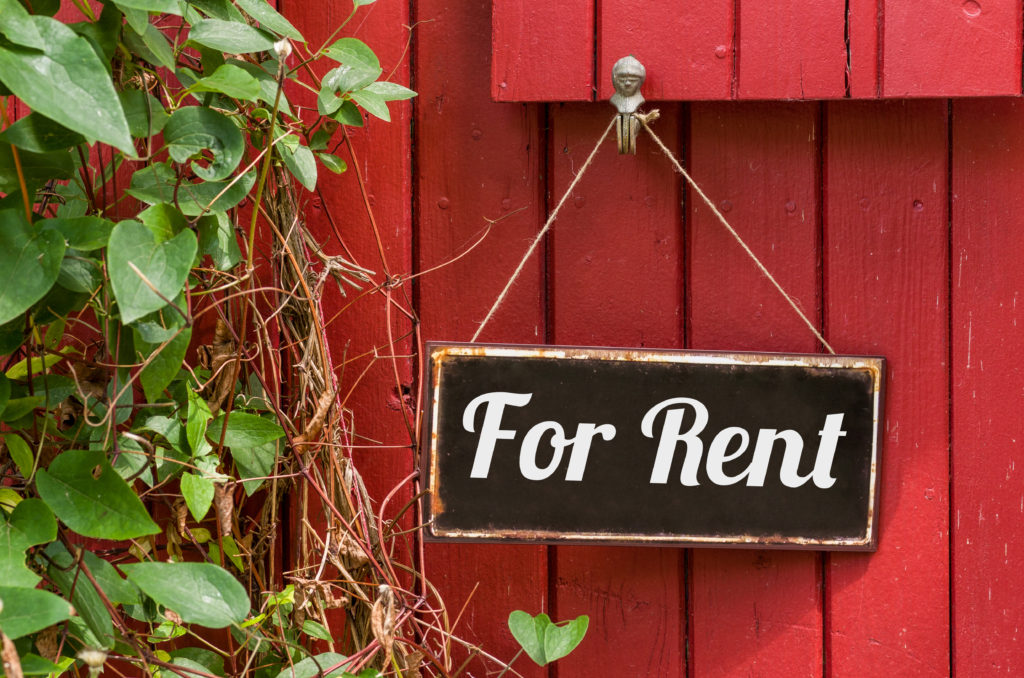Investing in real estate is one of the best ways to earn a living and prepare for retirement. You can earn money through appreciation, businesses within your properties, and having renters.
This last one is the way that many property investors first enter the market: renters.
Finding renters and taking in rental income is an ideal way to ensure consistent cash flow and the slow payoff of your property investment — ideally, without much work on your part.
Still, being a landlord is not easy. It takes an immense amount of know-how, some serious planning, and consistent interaction and communication with your renters. Here are 5 things you need to know about being a landlord.
5 Things to Know About Being a Landlord
1. You can find the best tenants through screening.
The most important thing you want to know about your new tenants is whether they will pay their rent on time or not. You can usually find this out by contacting the past landlords of prospective tenants. It’s also okay to ask for some financial information (whether they are employed, for example) and to look up their credit reports as well.
2. You should always make sure your tenants have renter’s insurance.
To avoid a potential legal nightmare, always make your tenants have renter’s insurance. As a landlord, you are not liable if something happens to your tenants’ property. On the other hand, you don’t want to enter litigation should something cause damage to their property that may be linked back to you — like an electrical fire or a plumbing issue, for example.
3. You may want to hire a property manager.
If your entire goal in purchasing property and renting it out was to have a more flexible, less hands-on source of income, you may want to hire a property manager to take care of the day-to-day affairs at your properties. This is especially true if you plan on being out of town a lot as renters need to know that there’s someone close by they can contact if they have a problem with plumbing, electricity, etc.
4. It’s up to you to keep good records.
If your renters fall behind on their payments or aren’t paying their utilities, it’s up to you to keep good records. Always record communication between you and your tenants, and keep documentation of all other transactions and interactions — including bills paid by you and rent paid by them. In the event that an issue needed to go to court, you would be fully equipped with all of the most accurate documents needed to defend yourself.
In order to maintain good record-keeping practices, get into the habit of documenting absolutely everything. You can decide what to keep and what to throw away later. It’s also best to store documents, photos, and other transactions digitally. Set up a cloud account online, or at least keep them stored on an external hard drive.
5. Reward good tenants by being a good landlord.
Never forget that your tenants are paying you to live in your property, but they’re also paying you for your retained services. In other words, you need to be there for them when utility issues arise or when they have other concerns.

This is especially true if you have good tenants. Good renters are hard to find, and if you have consistently-paying tenants who are clean, organized, and friendly, you want to provide them with quality service and make sure they’re happy and want to stay in your property for as long as possible (or as long as you’d like them to).
Not Interested in Being a Landlord? Try Real Estate Crowdfunding
If you’ve read this article and realized that becoming a landlord may not be right for you, don’t worry! You have other options on the real estate landscape — namely, getting involved with real estate crowdfunding.
What is real estate crowdfunding?
Real estate crowdfunding is just what it sounds like: a group of individuals who put their money together to purchase real estate. Usually, it’s commercial real estate.
Basically, it’s a way to get involved in real estate investing without being the sole investor in your own property. If you’re new to the real estate world, it’s a great way to get your foot in the door with low risk. If you don’t have the capital to immediately invest in a large property, it’s also a good way to get some experience without having to be a millionaire to start.
Whether you decide to invest in real estate and become a landlord or you’d like to try your hand at real estate crowdfunding, keep in mind that buying property is nearly always an excellent investment. Be wise, consult with experts, move cautiously, and you should be on your way to a wealth of financial freedom in your future.






